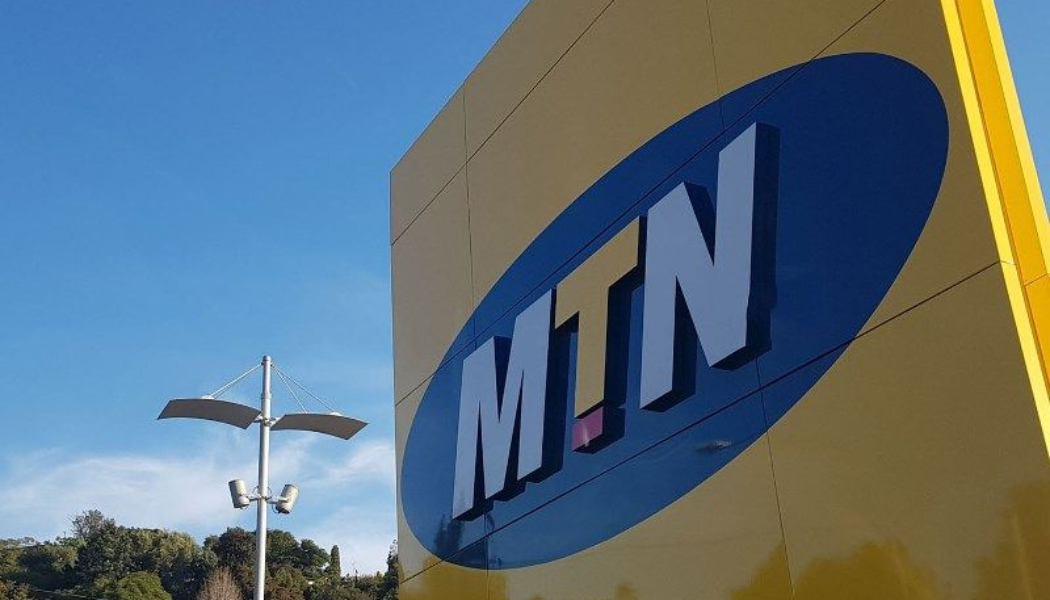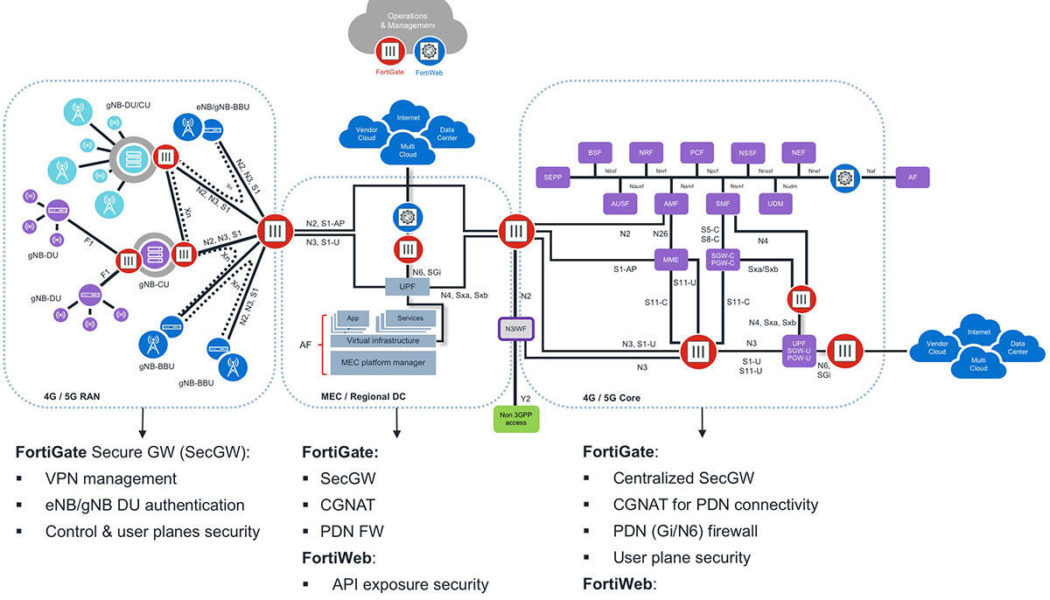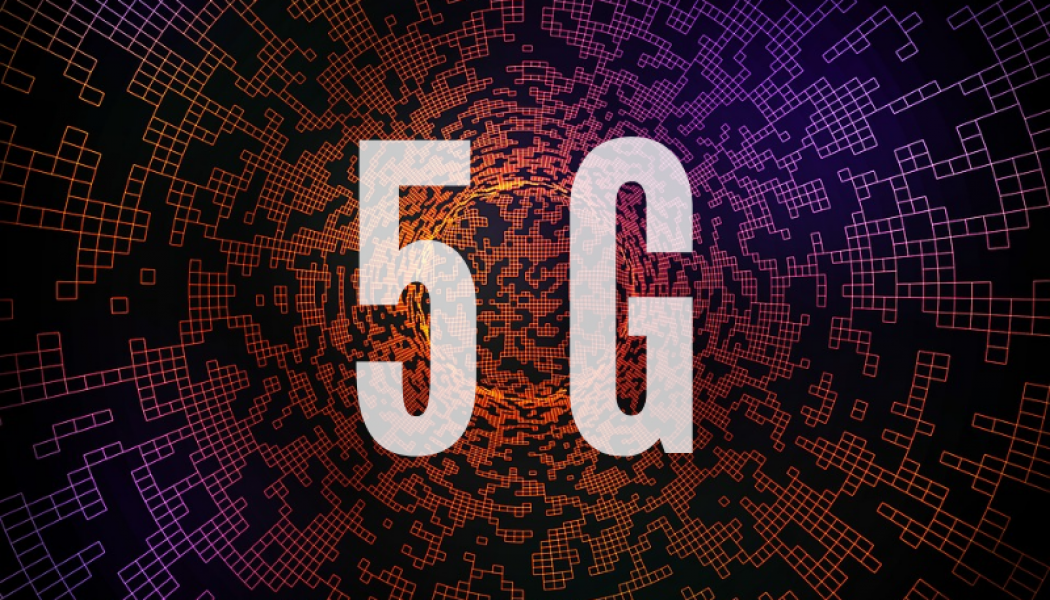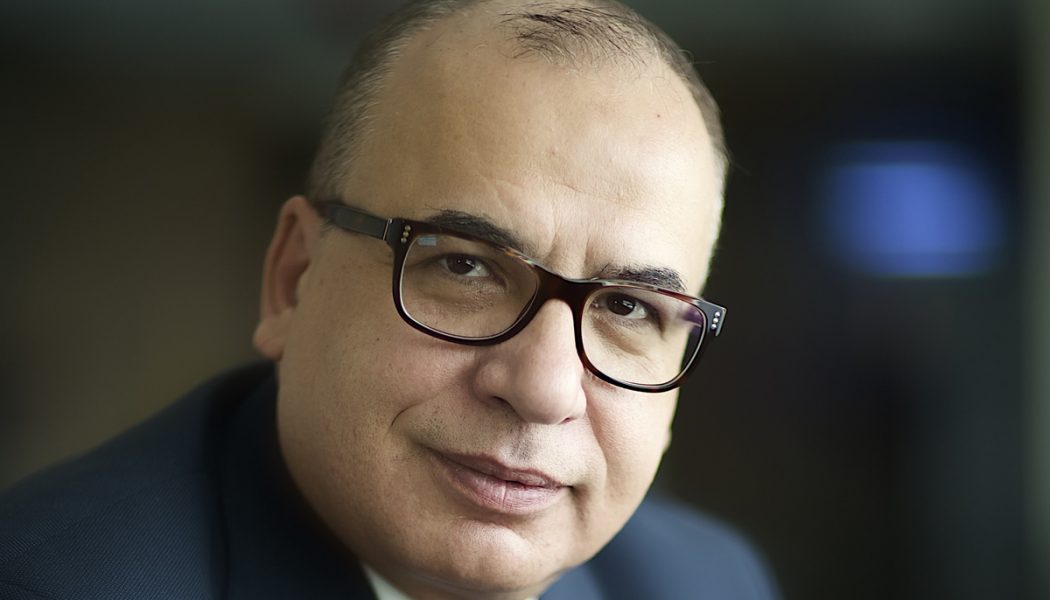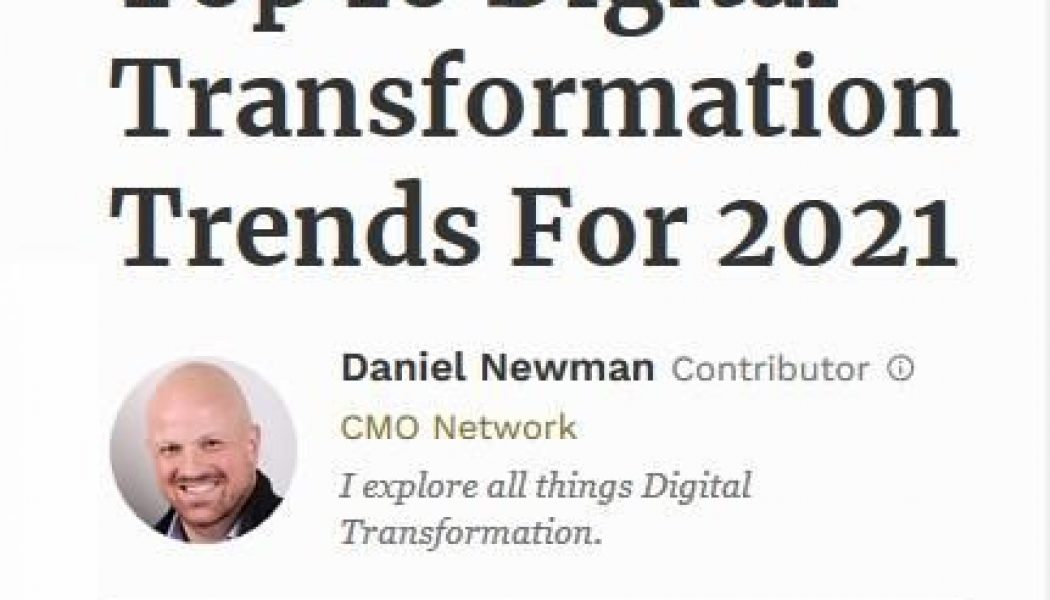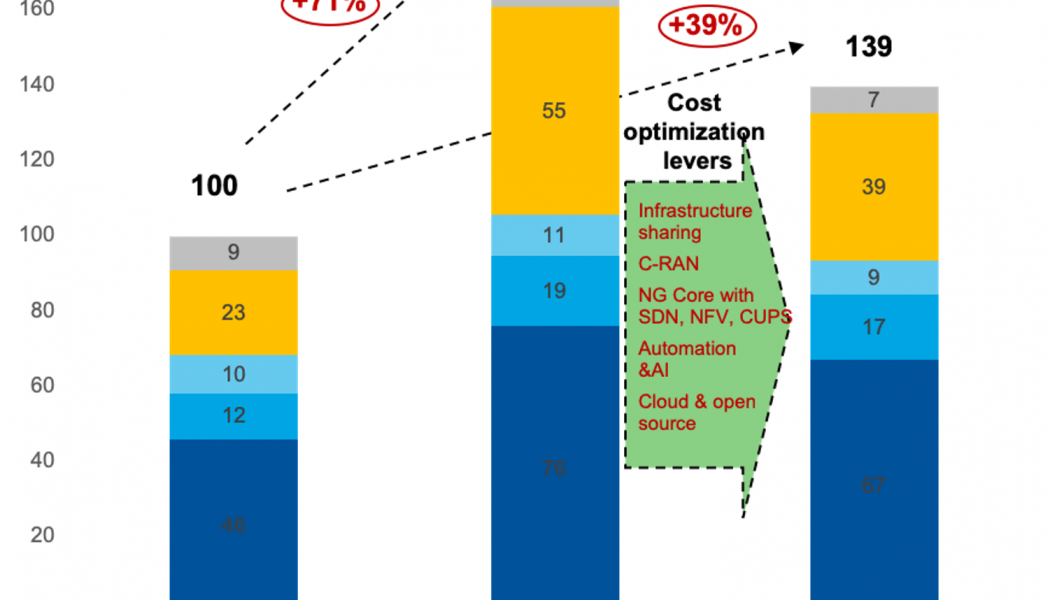5G
Offline Device Locking: Protect Your Financed Devices against Non-payment with NuovoPay
Sourced from Travellers With the advent of 4G technology and the promising 5G technology, smartphones have offered people a gateway to enter the digital economy and get socio-economic benefits. According to Statista, in 2020 global smartphone unit sales for end-users were 1.38 billion. This shows a strong demand for smartphones, which is largely driven by consumers from developed countries. The consumer in developed countries has easy access to smartphone finance, affordable loans, alternative forms of credit scoring, etc. This necessarily does not hold true for certain emerging markets such as Sub-Saharan Africa or South Asia. According to Newzoo Global Mobile Market Report 2018, Smartphone penetration in South Africa was 35.5%, Vietnam was 37.7%, Indonesia was 27.4% as compared to 83% an...
How to Build a Secure 5G Ecosystem
Powered by the convergence of 5G and industry 4.0, the smart enterprise of the future is now here. The critical performance boost of 5G enables critical smart systems to share and respond to information faster than ever, permitting industrial enterprises to digitise and automate their infrastructures with confidence. 5G offers a unique and valuable set of capabilities that, unlike any previous or current mobile technology, enable and expand the implementation of transformative technologies for organisations, including industrial enterprises. The value of 5G encompasses enhanced bandwidth, ultra-high reliability, low latency, high positioning precision, and native support for machine communications that organisations across a wide range of verticals, including manufacturing, logis...
Why South Africa Needs Fibre to Drive 5G Connectivity
5G is paving the way forward for the connectivity that digital technologies increasingly require, but it offers a lot more than just unprecedented mobile data connection speeds. 5G is capable of handling many more connected devices, has ten times lower latency than 4G, and enables ‘network slicing’ which can prioritise specific users, services, or devices during times of network overload. With all these benefits, it’s no surprise that many people have the misconception that 5G will ultimately replace fibre, when in fact 5G without fibre would not exist. The 5G mobile network is currently being rolled out in South Africa and will still take a few years to become widely available. Even then, 5G networks will not eventually replace fibre optic networks but rather complement them by offering m...
Will Technology Reinvent ‘the New Normal’ in 2021?
2020 can only be described as an unpredictable year, and one that brought with it some of the most dramatic shifts we’ve seen in the way we live and work. In a year of uncertainty, it’s safe to say that technology was the one constant – the platform that transformed the fundamentals of commerce, healthcare, education and financial services across the world. Disruption is a process that plays out over time; sometimes slowly, but completely and the pandemic proved this to be true. It showed that it’s imperative for organisations to invest in a holistic and strategic approach to respond to the pace of disruption. This investment calls for the convergence of technologies, to connect, collaborate and create new services that will ultimately help weather disruption. As we head into 2021, the MER...
SIM-based Locking: How Telcos Can Reinvent Their Device Financing with NuovoPay
Device financing has been a catalyst in increasing the penetration of smartphones across developed countries. Several telecom carriers have taken the plunge into device financing in recent times, also bringing into focus the previously underserved markets of smartphone financing- in the African, LATAM and APAC regions. Traditionally, the smartphone financing model, especially the one that comes pre-bundled with a telecom service is a win-win for both the consumer as well as the telecom companies. With device financing, individual consumers as well as businesses can leverage the latest technology at their disposal, have an easy upgrade, pay lower total upfront costs and get a telecom service, with voice and data packages. For telecom carriers, smartphone financing enables tapping into...
